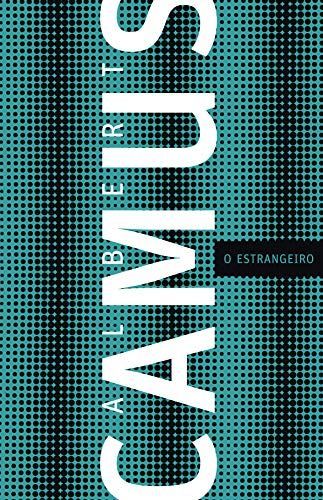
Reviews
alice nunes@alicenunes
André Nóbrega@anobrega85
Inês Alegria Ferreira@inesalegriaa
Carolina Lopes@carolina
Henrique Jasper@jasper19
Marta@springsofdelusion
velhotigreruim@velhotigreruim
Miguel Ângelo Queirós @zerovski
Joana da Silva@julesdsilva
Rui Conceição Silva@rui
Daniel Caeiro@danielcaeiro
Ary Dias @ary
Nádia@nadiaa16
summer@cecestjames
João Guerreiro@jmcguerreiro
Alan Alves@alanalves
Tiago@tlago
Ricardo Santos@ricardosantos
Edmundo Santos@ed
Camila@camilacarneiro
Raquel F@raquelf
Catarina@aoutrahermione